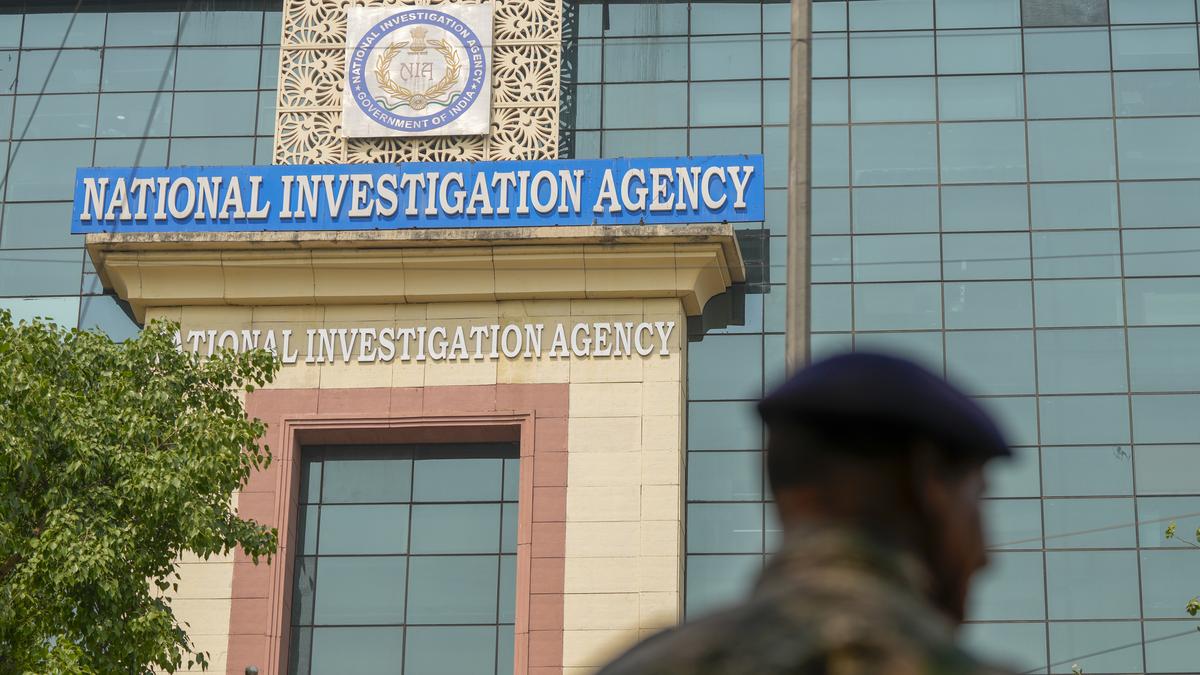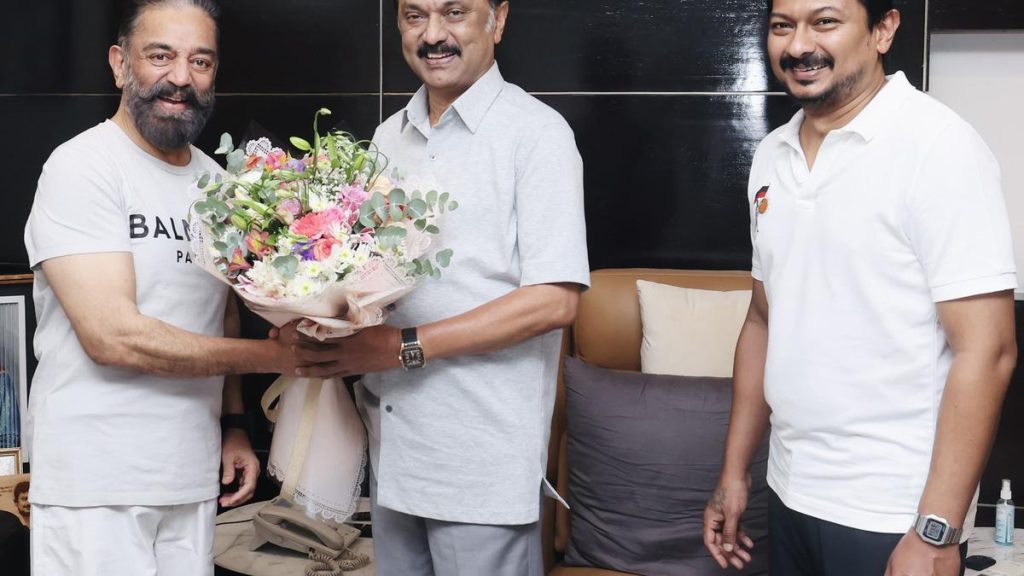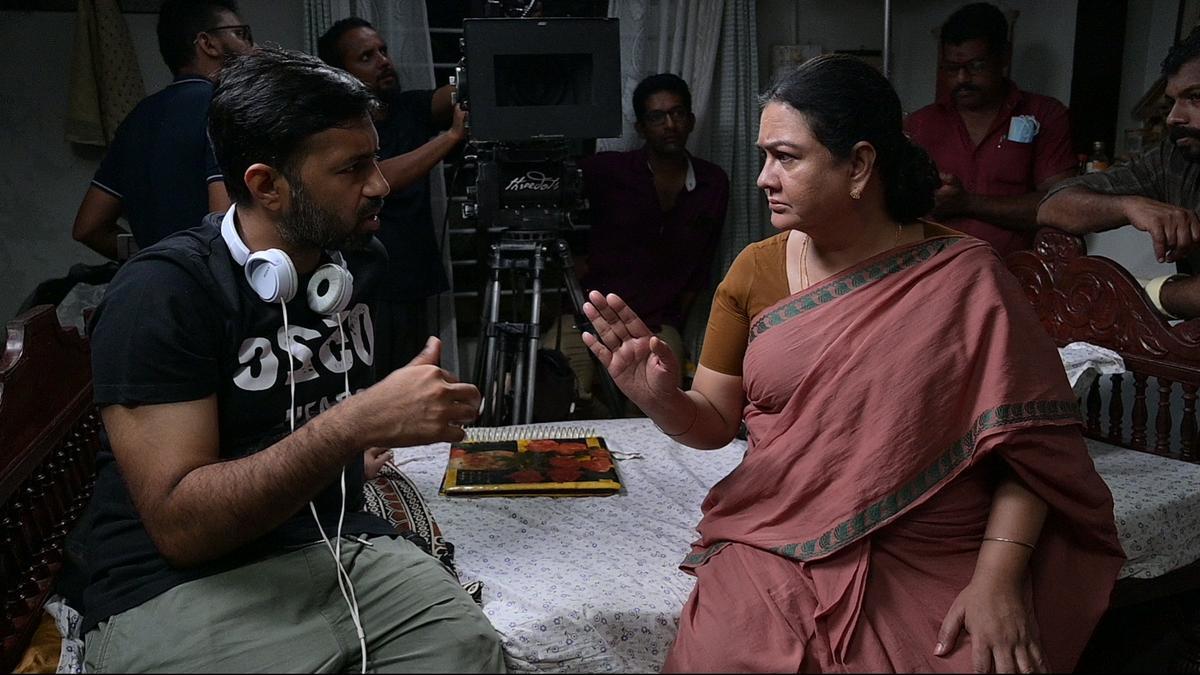Now Reading: CPI(M) Calls on NIA to Challenge Malegaon Blasts Acquittals
-
01
CPI(M) Calls on NIA to Challenge Malegaon Blasts Acquittals
CPI(M) Calls on NIA to Challenge Malegaon Blasts Acquittals

Quick Summary
- A special NIA court acquitted all seven accused in the 2008 Malegaon blasts case on July 31,2025.
- The blasts killed six people and injured nearly one hundred,targeting a Muslim-majority area.
- The accused included prominent figures: Pragya singh Thakur, former BJP MP, and Lt. col. Prasad Purohit, a serving Army officer at the time of the incident.
- The CPI(M) expressed “dismay” and “deep disappointment,” citing undue delay and denial of justice for victims.
- It claimed that the conspirators aimed to create communal tensions through thier actions.
- Polit bureau alleged RSS-BJP support for the accused throughout the trial process.
- CPI(M) demanded that the government appeal against this verdict by taking further legal action.
Indian Opinion Analysis
The acquittal in such a high-profile terrorism-related case raises questions about judicial consistency and investigatory thoroughness. While legal systems worldwide are built on principles like “innocent until proven guilty,” prolonged delays can undermine public trust in justice delivery mechanisms-especially when cases involve dozens of victims from vulnerable communities.
This verdict might reignite debates over politicization within India’s judicial framework due to CPI(M)’s direct allegations against political entities like RSS-BJP supporting those acquitted. Furthermore, it poses challenges for communal harmony as judgments perceived as biased may exacerbate societal divisions.
For policymakers and citizens alike, clarity on due process must remain paramount to ensure every stakeholder’s confidence. Appeals might provide another avenue to re-examine evidence while learning lessons from procedural bottlenecks highlighted during this long-running litigation.























